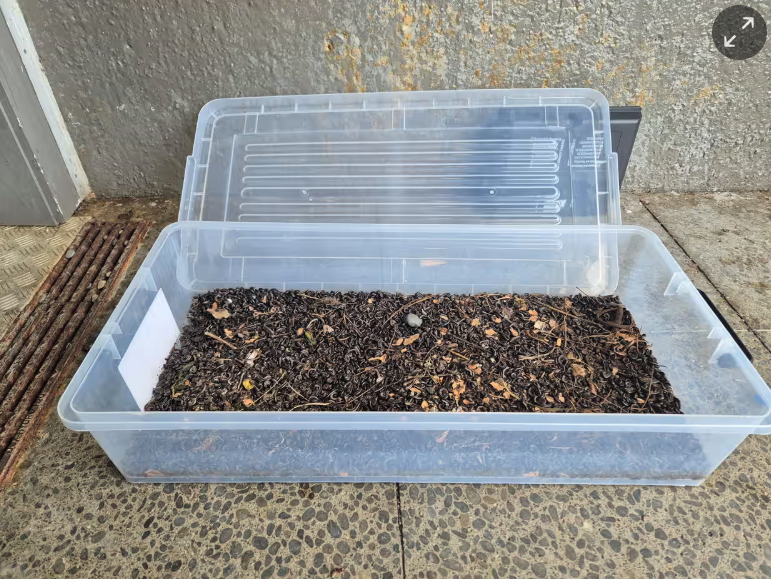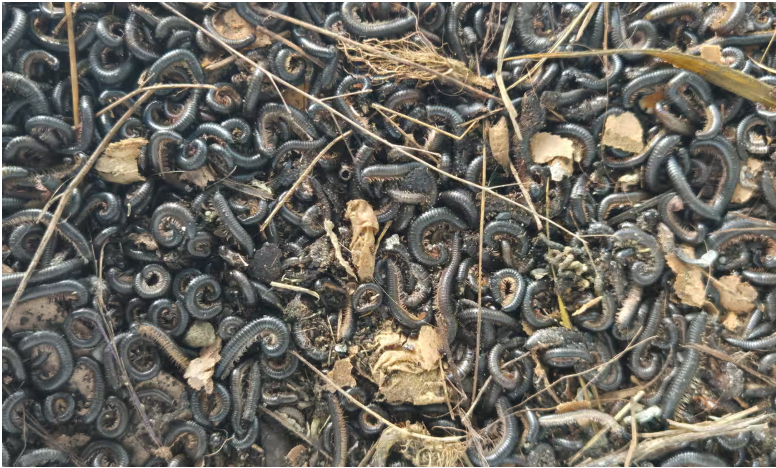Millipede Plague Terrifies South Wellington Residents
Wellington’s southern suburbs face an unsettling crisis. Portuguese millipedes now invade homes, streets, and even dreams. Their numbers are rising fast, and the stench is overwhelming.
Everywhere people step, millipedes crawl or lie dead in heaps. In Ōwhiro Bay, residents collect bags full of them weekly. Georgia Osborne shares, “I’ve woken up with them on my face.” Clearly, the problem has turned deeply personal.
Not only are these pests numerous, but they also reek. Their smell—like rotting fish—spreads quickly. Even worse, crushing them leaves behind yellow stains and a pungent, bitter odor. Understandably, people feel disgusted.
Moreover, the millipedes love light. Each evening, Osborne battles swarms around her home, drawn in by a bright street lamp. “Every night we’re out there with a spray can,” she explains. Sadly, her efforts barely make a dent.

The infestation keeps spreading. These millipedes now mate and crawl along building walls. Residents describe scenes that resemble horror films. One local said, “They’re everywhere, covering everything.” Another added, “They even appear in my dreams—or nightmares.”
In addition, the community feels ignored. Despite repeated complaints, local authorities haven’t taken action. Officials argue that millipedes aren’t listed as pests, so no formal response is required. As a result, frustration keeps growing.
Meanwhile, community leaders push for change. They urge the government to research, monitor, and contain the species. They also want support for residents dealing with the infestation.
If officials continue to delay action, the problem may worsen. Millipedes could travel with tourists and spread across the country. Residents believe time is running out.
Until someone takes charge, the plague will continue. So will the frustration. After all, the millipedes are still everywhere.

